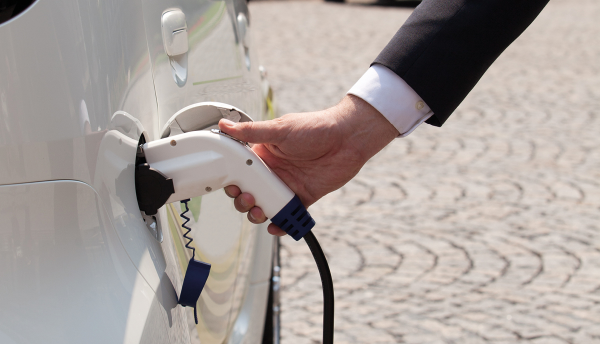
U.S. Government-backed lithium-ion battery producer A123 Systems has filed for bankruptcy protection after failing to make interest payments on outstanding notes. The company had previously said it had run out of cash and was set to skip the scheduled payments.
Separately, the company entered into an asset purchase agreement with Johnson Controls under which, the latter promised to buy A123's automotive business assets for a consideration of USD125 million. Johnson Controls will also acquire A123's production facilities in Livonia and Romulus, Michigan; its cathode powder manufacturing facilities in China, and its equity interest in Shanghai Advanced Traction Battery – a joint venture with Shanghai Automotive Industry Corporation (SAIC). Nearly 600 are employed at the Romulus and Livonia plants and an office in Ann Arbor. A123 will receive USD72.5 million in "debtor in possession" financing from Johnson Controls to support its operations during bankruptcy. Johnson Controls operates a battery production factory in Holland, Michigan, employing 100 workers.
Now the company is left with grid and commercial businesses under which it supplies energy storage solutions to power plants and power tool market. A123 said it is "encouraged by the significant interest" it has received from multiple parties for these businesses without disclosing names. However, these businesses are substantially smaller as compared to the automotive business.
The company rose to prominence after winning millions in venture funding and USD249 million in green energy grants from the US Department of Energy. In addition, the company was a major recipient of grants from the state of Michigan which pledged to be at the forefront of the advancements in battery development. A123 came with its initial public offering (IPO) in September 2009 raising over USD380 million, helped partially by the government backing and its roots to MIT. However, the capital intensive nature of the business meant the company never reported a profit in its 11-year existence.
Failed deal with Wanxiang
In August, A123 signed an agreement with Chinese supplier Wanxiang Group to sell 80% stake for a total consideration of USD465 million. The agreement never materialised as the company did not get required regulatory approvals in time – partially attributable to the political backlash regarding government investments taken over by a Chinese company. "We determined not to move forward with the previously announced Wanxiang agreement as a result of unanticipated and significant challenges to its completion," A123 chief executive David Vieau said in a statement.
Outlook and implications
The move, though not completely surprising, comes as a big jolt to the emerging hybrid and electric vehicle (EV) market. A123 Systems' bankruptcy filing is indicative of the fundamental issues with the approach of having specialist suppliers in a nascent and slow-moving industry. Despite counting GM, BMW and Fisker among its clients and the US Department of Energy as one of the backers, A123 Systems' failure is a testimony of hard business realities where start-up cost outflows often more than offset the revenue and grant inflows. This can also be viewed as a grim reminder to specialist automakers such as Tesla and Fisker which are also chasing a limited market and are encountering similar cashflow challenges. A well-funded company like A123 going under could once again herald an era of OEMs keeping production of such critical components to themselves instead of relying on third parties. After having to issue a recall of Karma plug-in vehicles due to faulty batteries supplied by A123, EV start-up Fisker Automotive has said it will explore other options for sourcing batteries.
For Johnson Controls, the transaction is a big positive as it gets A123's automotive business for a fraction of what Wanxiang would have paid had the deal gone through. The transaction at distressed valuations further allude there may not have been many buyers in the market. The transaction also gels well with Johnson Controls' plans of broadening its spectrum of battery technologies. Johnson Controls dissolved its joint venture in May last year with French partner Saft Group as it wanted to have access to multiple alternative technologies even as new markets emerge for advanced batteries and vehicle powertrain technologies. Johnson Controls is one of the largest players in the lead-acid battery market and its diversified business model can cope with the challenges in the still emerging lithium-ion battery space.
A123 Systems has got an approval from the Delaware bankruptcy court to secure an interim loan of USD15.5 million from Johnson Controls. The financing received the court's nod after Johnson Controls reduced the interest rate to 13.5% from the earlier pitch for 15%. A123 Systems will ask approval for the remaining portion of the USD72.5 million loan in the court on 30 October 2012. The substantially low valuation of A123 Systems' business may prompt Wanxiang or other companies to bring a competing offer which in turn could force Johnson Controls to sweeten its offer. Johnson Controls has successfully acquired and turned around many businesses in the past and this, along with the benefit of being a US company, is likely to go in its favour.









